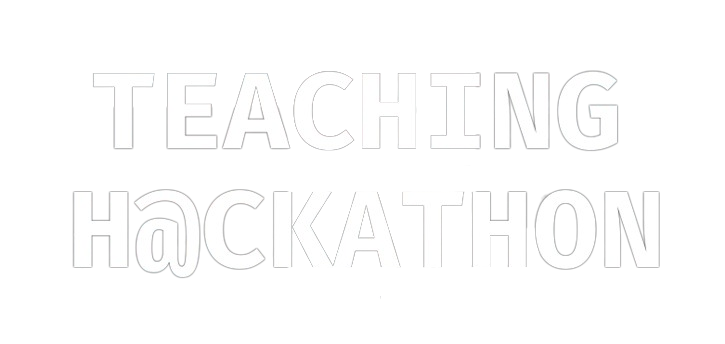The TEACHING AIaaS is a software toolkit designed to support the development and the deployment of distributed, adaptive and dependable CPSoS applications, enabling them to exploit sustainable human feedback to drive, optimize and personalize the provisioning of the CPSoS services.
The TEACHING AIaaS leverages cutting-edge research on Artificial Intelligence and Deep Learning to provide:
• An easy-to-use software interface that supports the ability to learn continuously from heterogeneous sensor devices, including environmental sensors and wearables;
• AI on the edge with scalable learning algorithms, enabling both inference and – crucially – also user optimization and personalization both on high and low power devices.
• Humanistic intelligence, i.e., exploiting the ability to learn human cognitive, emotional, and physiological patterns for self-adaptation in autonomous vehicle applications.
• Federated, dependable, safe, and privacy-preserving AI methodologies already bundled by design.
Innovation capacity: The TEACHING AIaaS software toolkit helps software developers to create intelligent distributed CPSoS applications and represents a decisive step forward with respect to currently available software solutions. In this sense, the TEACHING AIaaS toolkit is distinctively characterized by:
• A simple and user-friendly API that allows the developer to design the application in a highly declarative fashion, minimizing the cognitive load on low-end details and allowing to focus on the conceptual design only.
A set of easy configurable AI tools and workflows to set up human state monitoring for self-adaptation in CPSoS service provisioning, e.g., autonomous driving applications.
• Sustainable learning algorithms enabling low-energy and fast adaptation also on edge devices, where commonly used AI frameworks - like PyTorch and TensorFlow - only support inference.
• A native support for Federated and Continual Learning, with bundled Dependability, Safety and Privacy-preserving guarantees.



